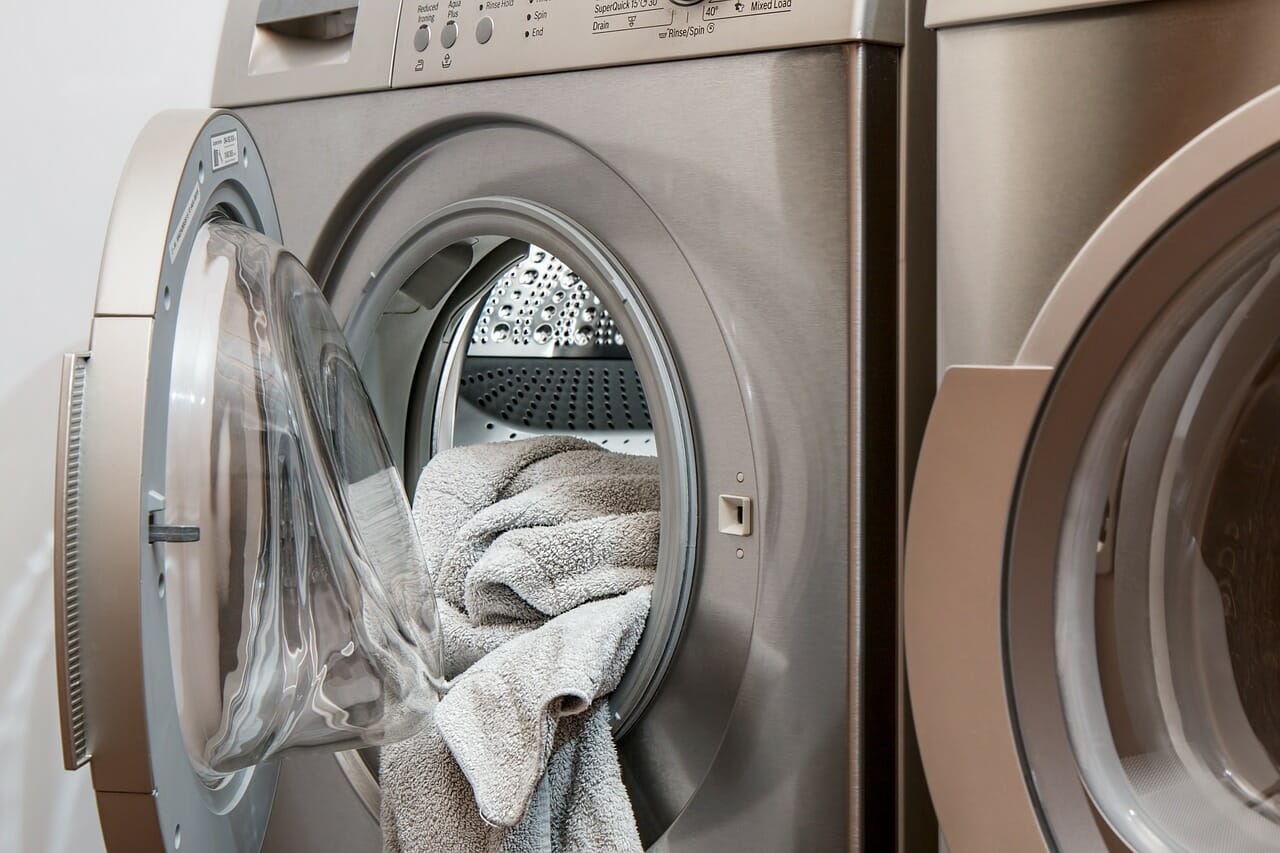Washing machines have become an indispensable part of modern life, making laundry chores significantly more convenient and efficient. To ensure that your washing machine can effectively clean your clothes and stand the test of time, it needs certain essential features and components. Here are some key essentials every washing machine should have:
Adequate Capacity
One of the most critical essentials is the machine’s capacity. It should be able to handle the amount of laundry generated by your household. Smaller households may find a front-loading machine with a capacity of 4-5 cubic feet sufficient, while larger families might opt for machines with a capacity of 5-6 cubic feet or opt for commercial washing machines.
Multiple Wash Cycles
A good washing machine should offer a variety of wash cycles to cater to different types of fabrics and stains. Common wash cycles include normal, delicate, heavy-duty, and quick wash. Specialized cycles like a sanitize cycle for disinfecting or a bulky cycle for bedding are also beneficial.
Water Temperature Control
The ability to adjust the water temperature is crucial for effective stain removal and fabric care. Washing machines should have options for hot, warm, and cold water settings, allowing you to choose the most suitable temperature for your laundry.
Spin Speed Options
Variable spin speed settings are essential for controlling the moisture level in your laundry. Higher spin speeds extract more water, reducing drying time. However, delicate fabrics may require lower spin speeds to prevent damage.
Automatic Dispensers
Washing machines with automatic detergent, bleach, and fabric softener dispensers ensure that these substances are added at the appropriate time during the wash cycle. This feature promotes even distribution and effective cleaning.
Digital Display and Controls
Modern washing machines often feature digital displays and user-friendly controls. These interfaces make it easy to select wash cycles, adjust settings, and monitor progress.
Delay Start
Delay start functionality allows you to set a specific time for your washing machine to begin a cycle. This can be particularly convenient if you want your laundry to finish right when you get home or when electricity rates are lower.
A Vent
A vent is a crucial component of your plumbing system that helps maintain proper drainage by allowing air to flow into the drain pipes. You may experience slow draining, gurgling noises, or even water backup in your laundry drain without adequate venting. If you aren’t sure whether yours is working as it should, experts can come in to help you vent a laundry drain properly.
Stainless Steel Drum
The drum’s material matters for durability and rust resistance. Stainless steel drums are less prone to corrosion and damage, ensuring a longer lifespan for your washing machine.
Quiet Operation
Quiet washing machines are less disruptive, especially in open-concept living spaces or when laundry is done during quiet hours. Look for machines with features like anti-vibration technology and quiet motor designs.
Self-Cleaning Cycles
Some modern washing machines come with self-cleaning cycles that help prevent mold and mildew buildup inside the drum and detergent dispenser. This feature ensures that your machine remains hygienic and odor-free.
Warranty
A reliable washing machine should come with a manufacturer’s warranty that covers repair or replacement in case of defects or malfunctions. The length and terms of the warranty can vary, so it’s essential to review them before purchase.
In conclusion, these essentials are fundamental in ensuring that your washing machine effectively cleans your clothes, operates efficiently, and stands the test of time. When shopping for a washing machine, carefully consider these features and how they align with your specific laundry needs and preferences.




